Sport
Dollar
38,2552
0.34 %Euro
43,8333
0.15 %Gram Gold
4.076,2000
0.31 %Quarter Gold
6.772,5700
0.78 %Silver
39,9100
0.36 %A resounding call for change resonates throughout the continent advocating for a robust Pan-African collaboration, prioritising trade agreements and economic partnerships.
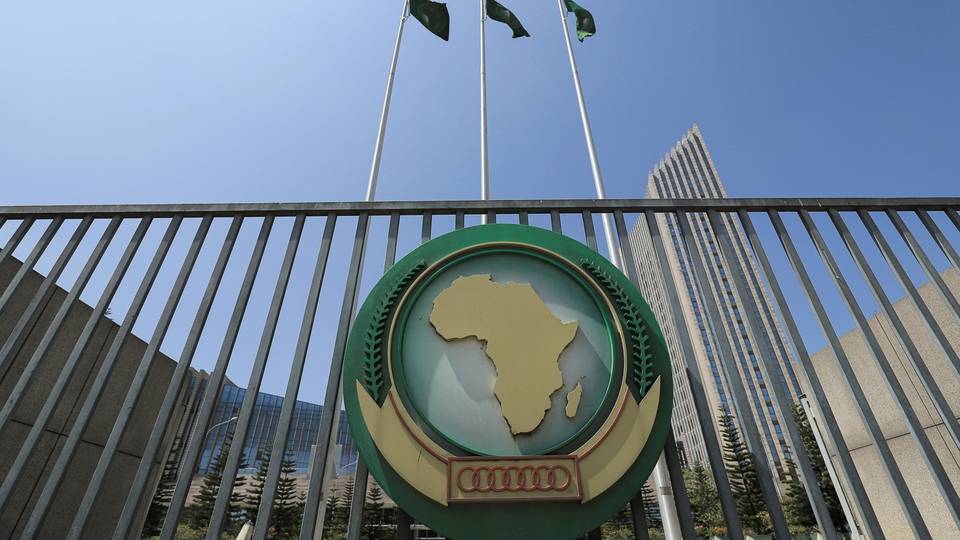
By Mohamed Guleid
Africa, a continent of immense potential, grapples persistently with the harsh realities of poverty, disease, and conflict. Despite the abundant opportunities that lie within its grasp, Africa remains tethered by historical divisions and struggles for independence from external influences.
Nevertheless, a resounding call for change resonates throughout the continent—a call that demands a rewriting of our collective story. It's high time to fortify our institutions, enabling them to stand as equals in the global arena.
The growing chorus advocating for a robust Pan-African movement cannot be ignored any longer.
The African Union (AU) holds a key role in this pan-Africanism. However, the AU faces challenges in reaching consensus and unity among its member countries due to various factors.
Firstly, historical legacies of colonialism and artificially drawn borders have left deep-seated divisions among nations, leading to differing national interests, cultural differences, and political ideologies. These divisions hinder consensus-building on crucial issues.
Moreover, economic disparities and varying levels of development among member states create divergent priorities. Countries with stronger economies might prioritise trade agreements and economic partnerships differently from those struggling with poverty and basic infrastructural needs.

Economic divisions
Geopolitical interests and regional power dynamics also play a significant role. Some nations vie for regional dominance or influence, leading to competition rather than cooperation.
Conflicts of interest often arise, particularly concerning territorial disputes, resource allocation, or political ideologies, hindering unified decision-making.
Furthermore, the AU's decision-making process, which heavily relies on consensus-based diplomacy, can be slow and cumbersome. This can impede timely action and agreement on critical issues as member states strive to protect their individual interests.
Lastly, external influences, including interference from global powers or foreign interventions, can further complicate matters, manipulating or influencing decisions within the AU.
Combining historical, economic, geopolitical, procedural, and external factors, the AU faces a complex landscape where achieving unanimous agreement on key issues remains challenging.
Efforts to foster unity require navigating these multifaceted challenges to create a stronger, more cohesive union for Africa's collective progress.
The recent establishment of the Pan African Institute at Kenya's Lukenya University marks a pivotal moment. This institution's aim to educate, conduct innovative research, and promote cultural exchange stands as a beacon of unity among African nations.
Collaboration among African nations, particularly in the south-south context, remains a rarity. Air connectivity within the continent remains alarmingly deficient, stifling intra-continental trade, which currently stagnates at a mere 14%.
These stark realities underscore the vast untapped economic potential that resides within Africa's borders.

One Africa
Professor Patrick Loch Otieno Lumumba's vision of a borderless Africa epitomises Pan-Africanism— an Africa where the movement within Africa isn't hindered by arbitrary divisions. It's a vision founded on a unified pride for our continent.
However, realising this ambitious vision is no easy feat. Centuries of colonial fragmentation have left deep scars on Africa.
The Pan-African initiative grapples with the daunting task of healing these historical wounds, primarily through fostering intra-African trade and collaboration.
At its core, this movement aims to dismantle barriers obstructing trade and mobility within our continent.
To unleash Africa's economic potential, fostering collaboration and eliminating hurdles stifling intra-African trade are imperative. Pan African Institute must chart strategies to amplify trade interactions among African countries.
Yet, let's confront reality. Our achievements so far have fallen far short of our potential.
The African Continental Free Trade Area (AfCFTA) holds immense promise, contingent on proactive efforts from member nations to synchronise regulations, bolster infrastructure, and harmonise policies.
Initiatives like the Pan African Institute should transcend the realms of academia. They ought to catalyse tangible collaborations that bridge divides of borders and languages.
Cultural exchanges, educational alliances, and joint research endeavors are pivotal in forging a shared identity among African nations.
Moreover, enhancing infrastructure, especially in transportation and communication, serves as a linchpin for intra-African trade.
Improved air, road, and maritime connections will not only facilitate trade but also nurture cultural exchange and foster interactions among our diverse people.

The Pan African Institute should serve as a platform for dialogues addressing the core issues impeding African unity. Discussions centered on governance, sustainable development, and socio-political integration must spearhead our collective journey toward a more integrated, prosperous, and united Africa.
Embracing modern technology stands as a pivotal factor in realising pan-African aspirations. The inauguration of the pan-African Institute in Kenya signifies a significant stride in our pursuit of unity and collaboration.
However, the journey ahead necessitates unwavering efforts from all African nations.
It's time to transcend historical rifts, embrace our shared heritage, and stride toward a flourishing Africa - a continent that stands tall as a beacon of hope, progress, and unwavering resilience.
The author, Mohamed Guleid, is a pan-African writer and the National Coordinator NEDI projects, North Northeastern Development Initiative.
Disclaimer: The views expressed by the author do not necessarily reflect the opinions, viewpoints and editorial policies of TRT Afrika.
➤Click here to follow our WhatsApp channel for more stories.
Comments
No comments Yet








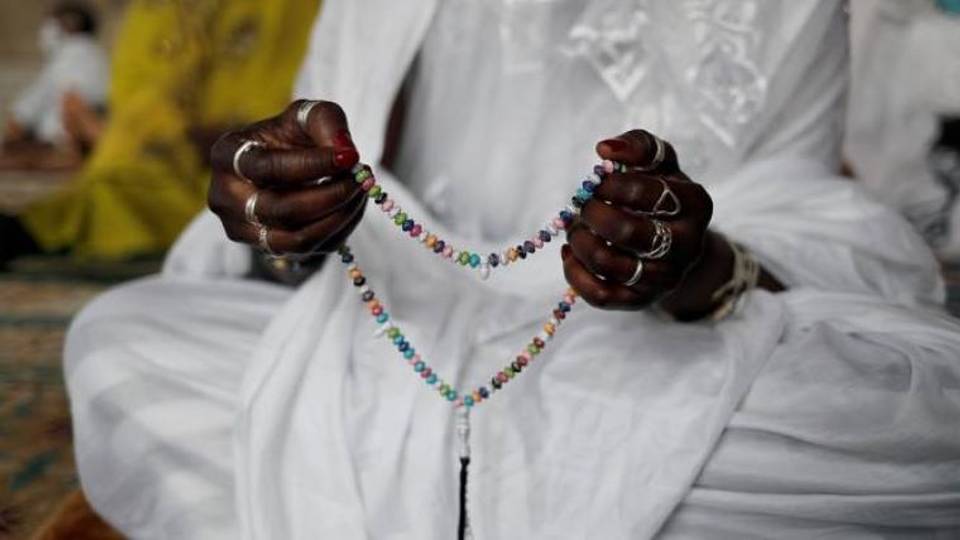
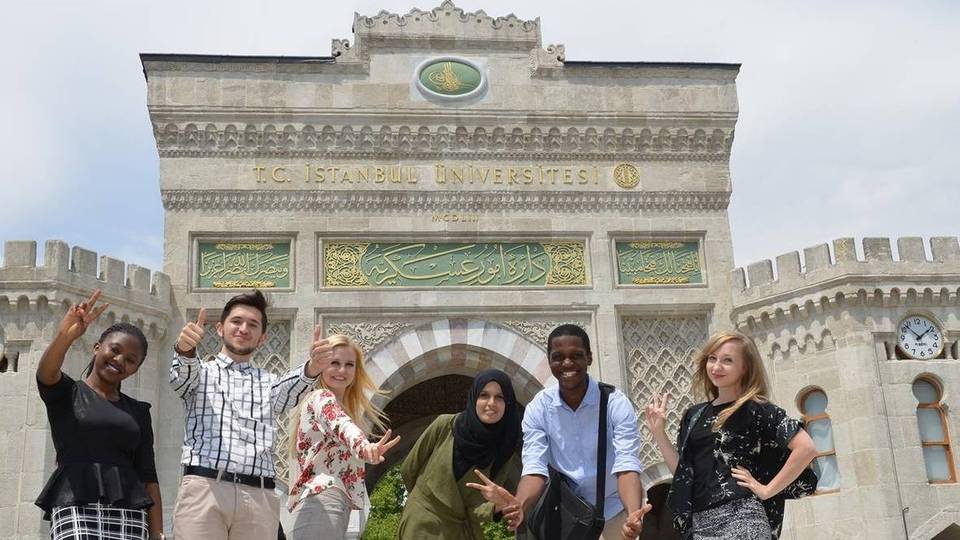
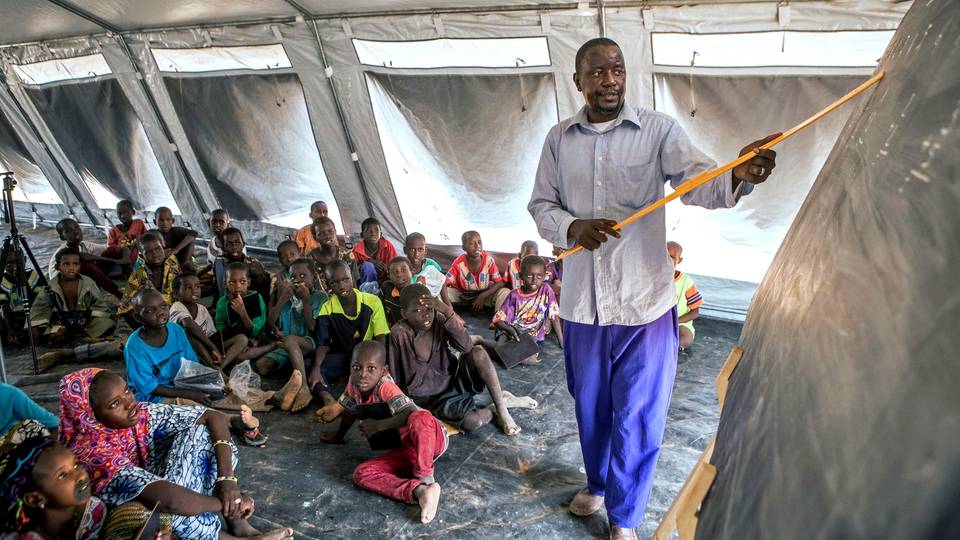
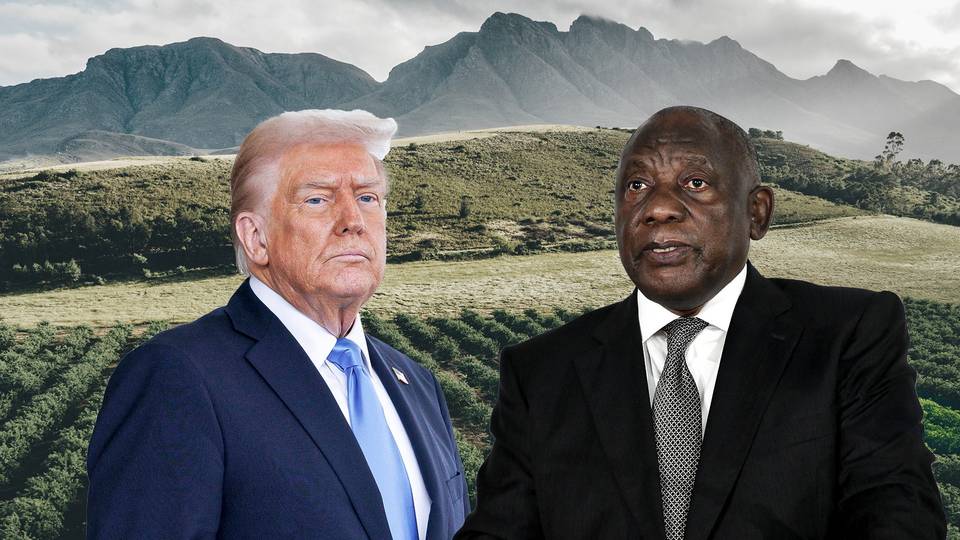








Comment